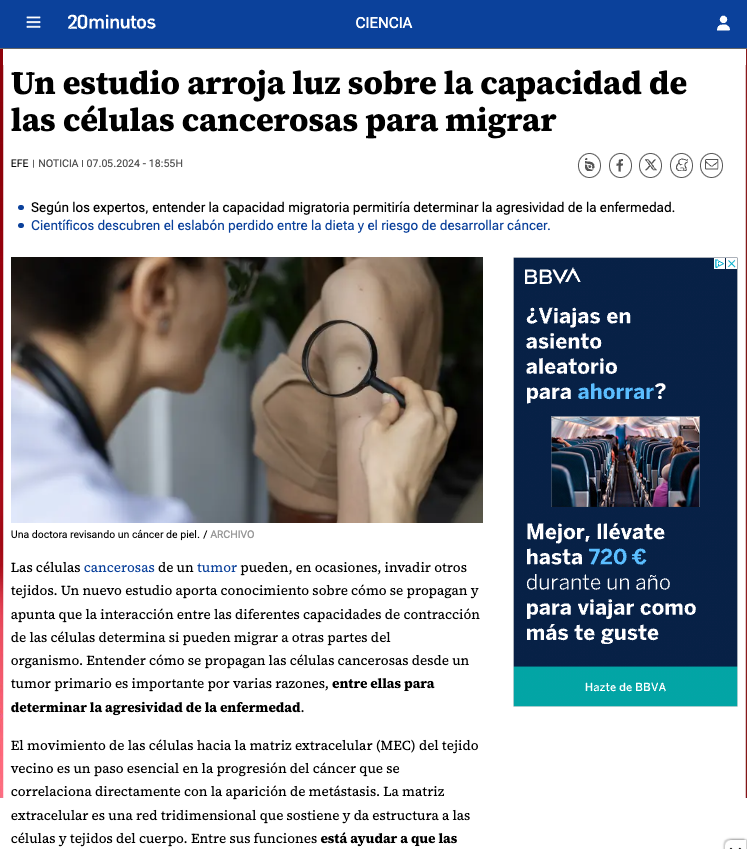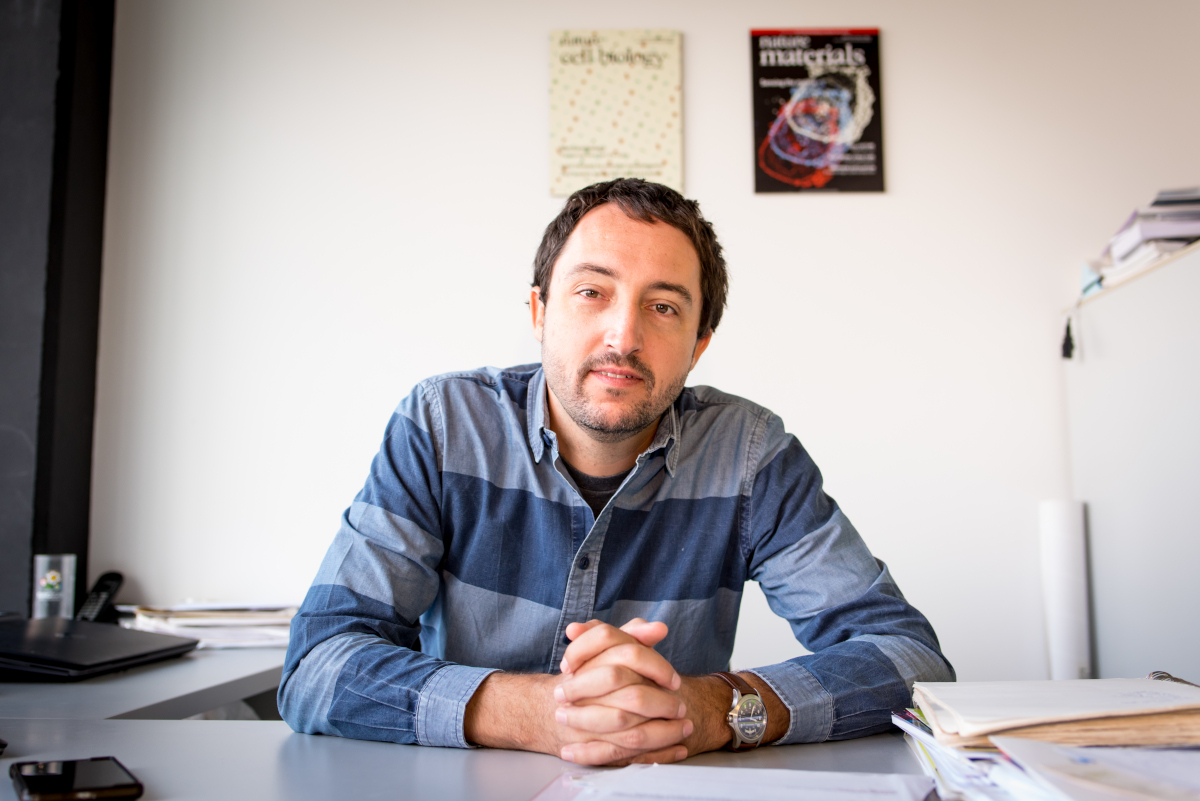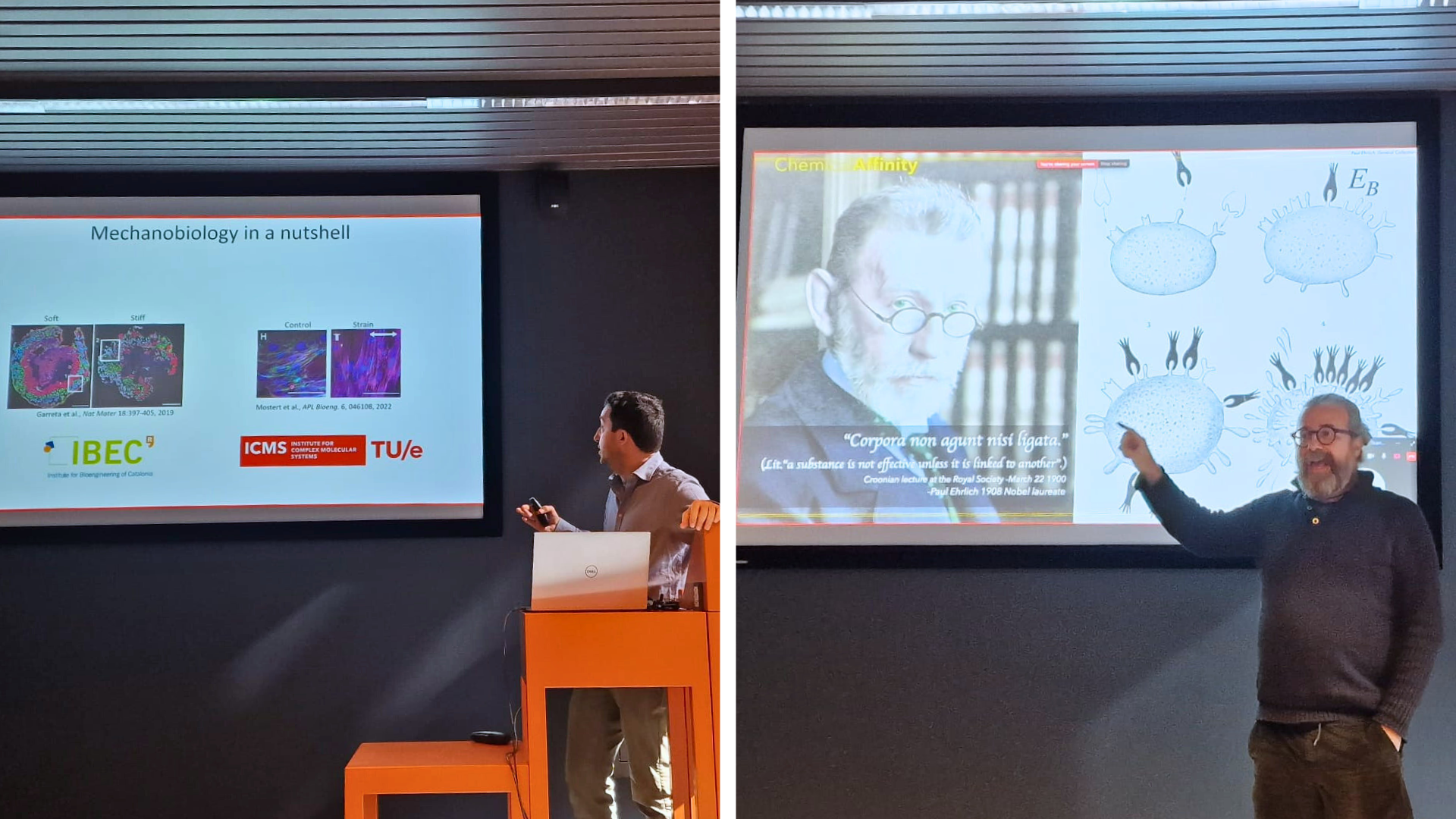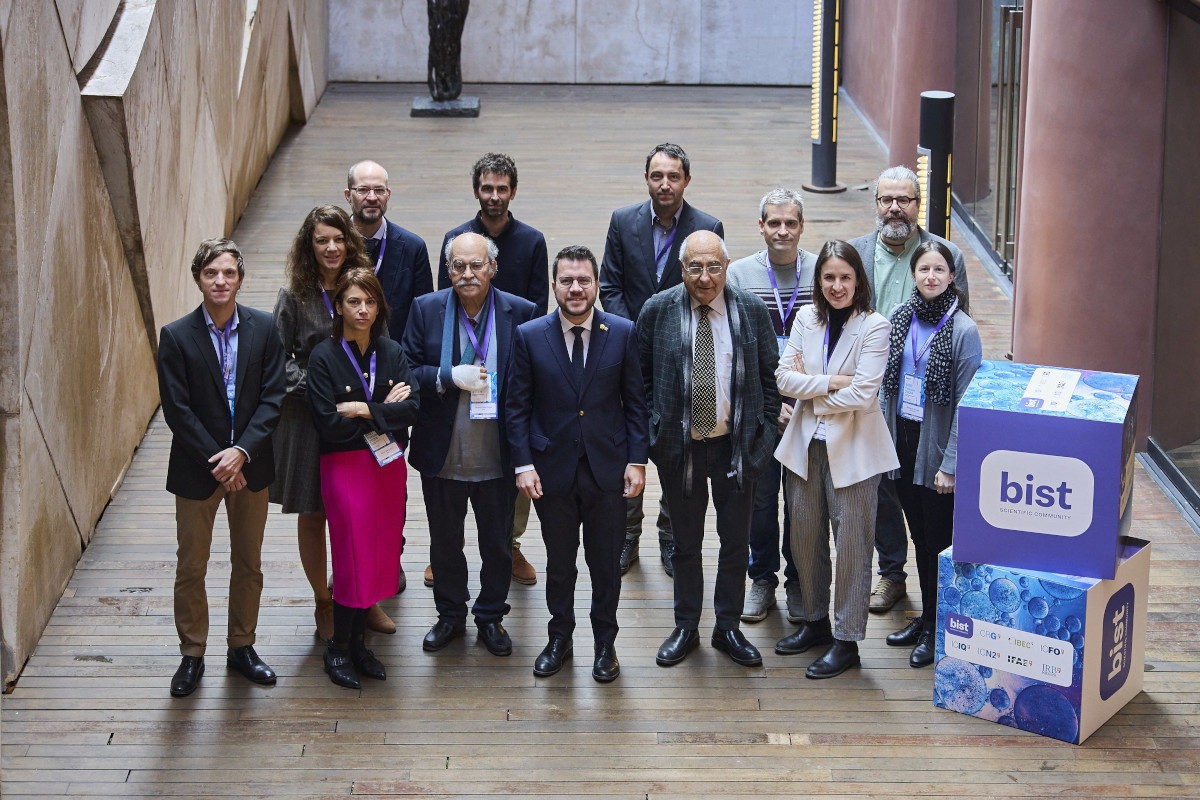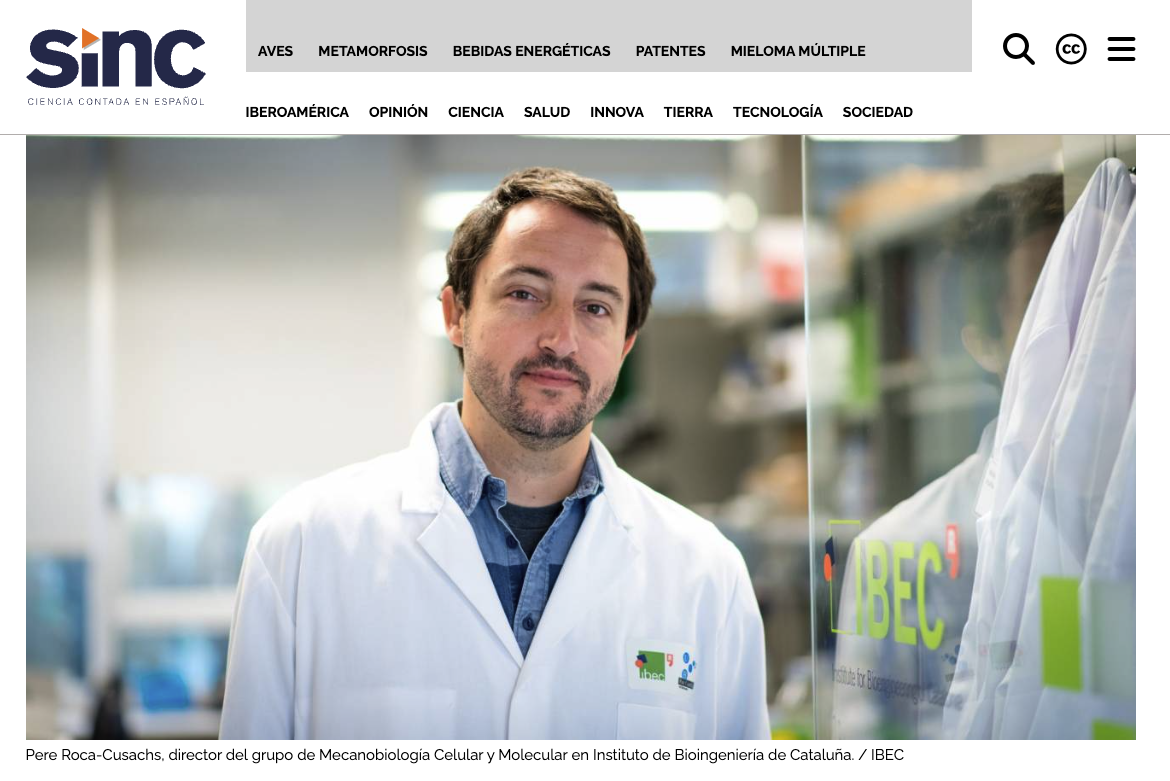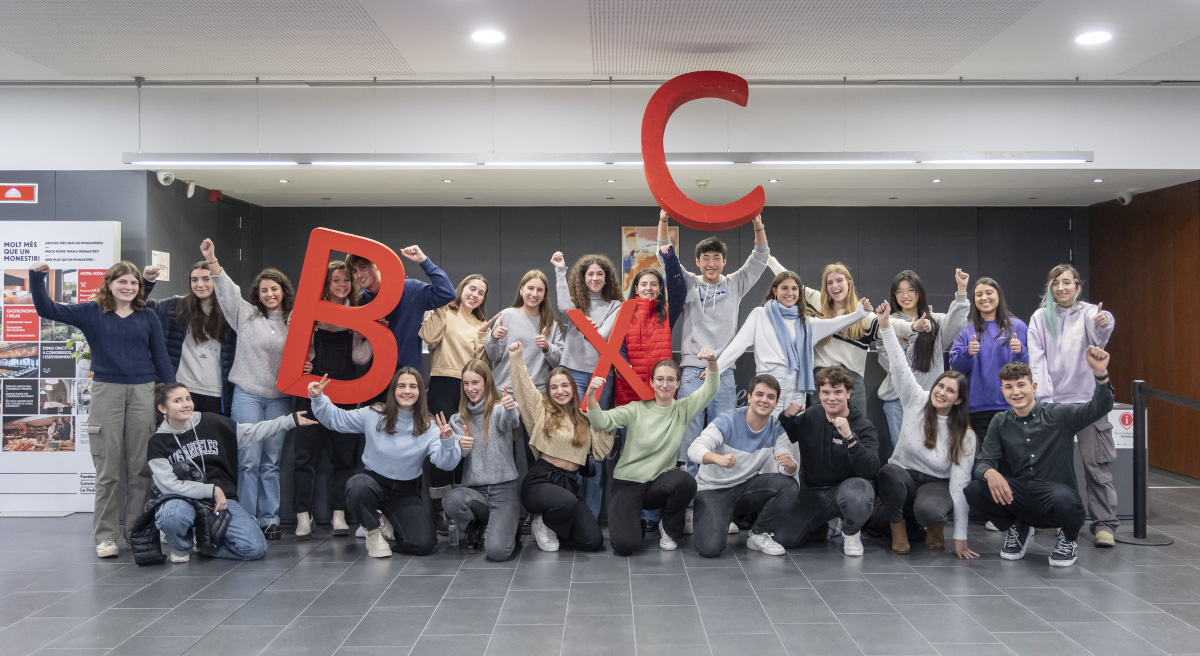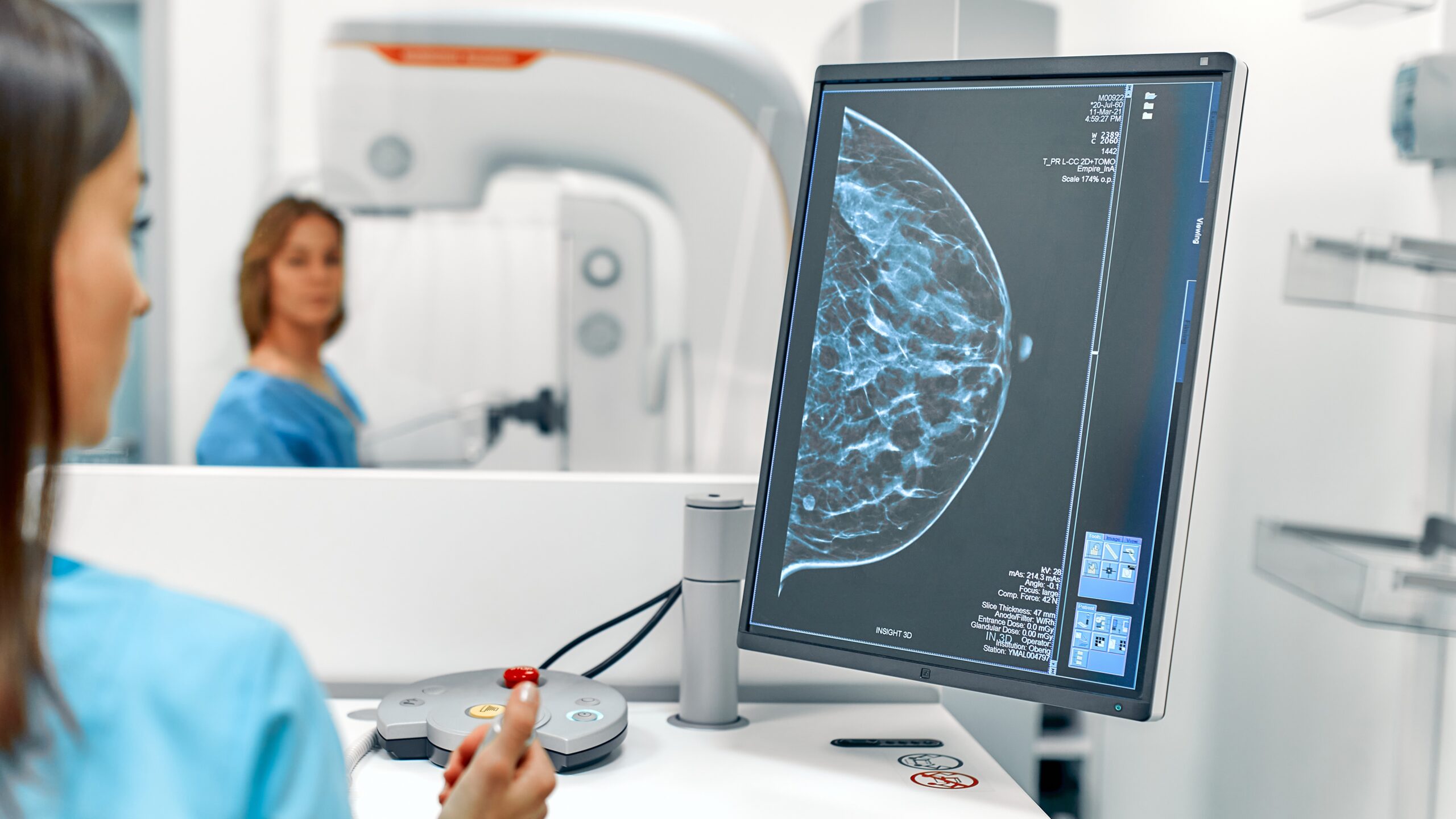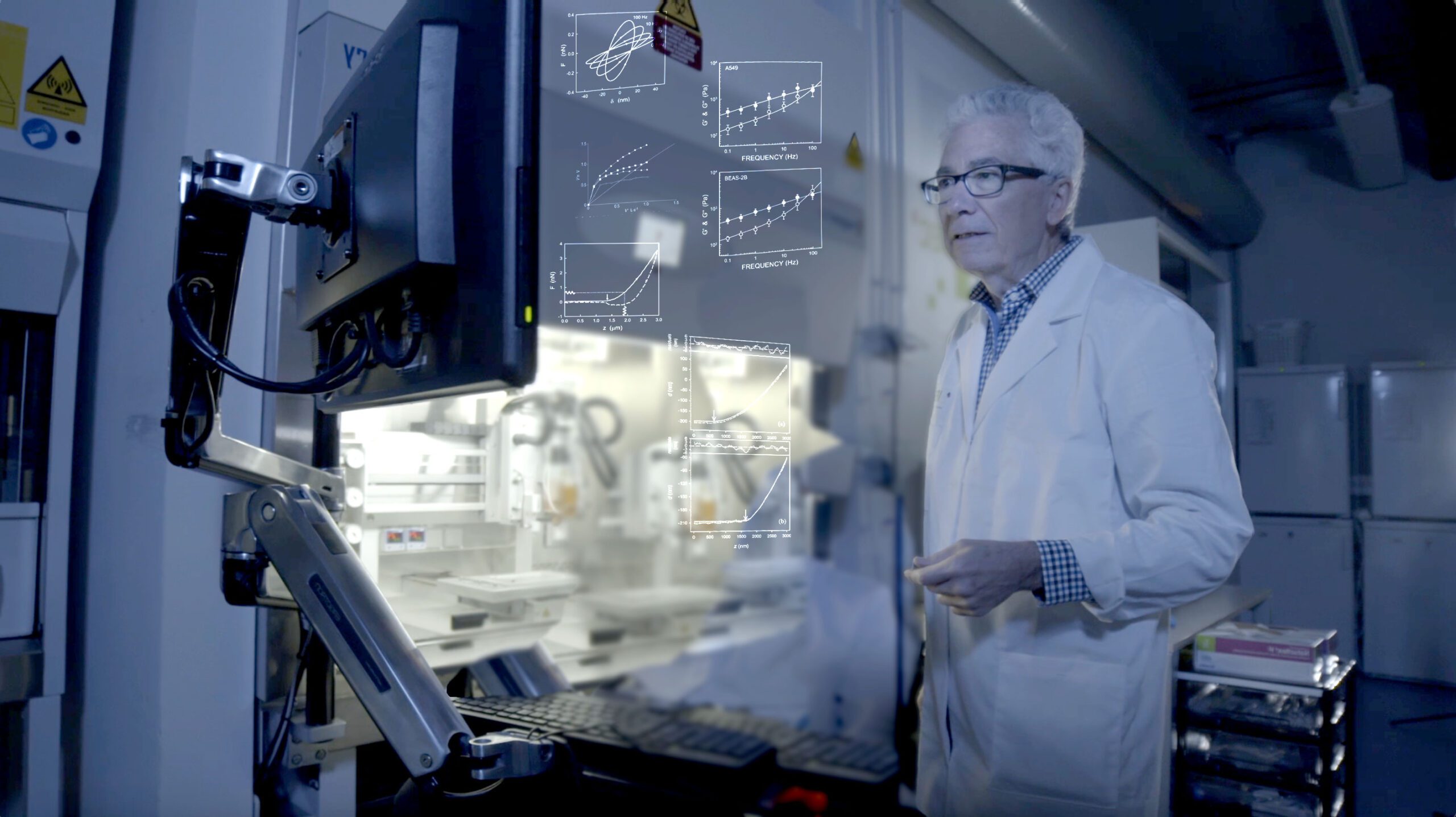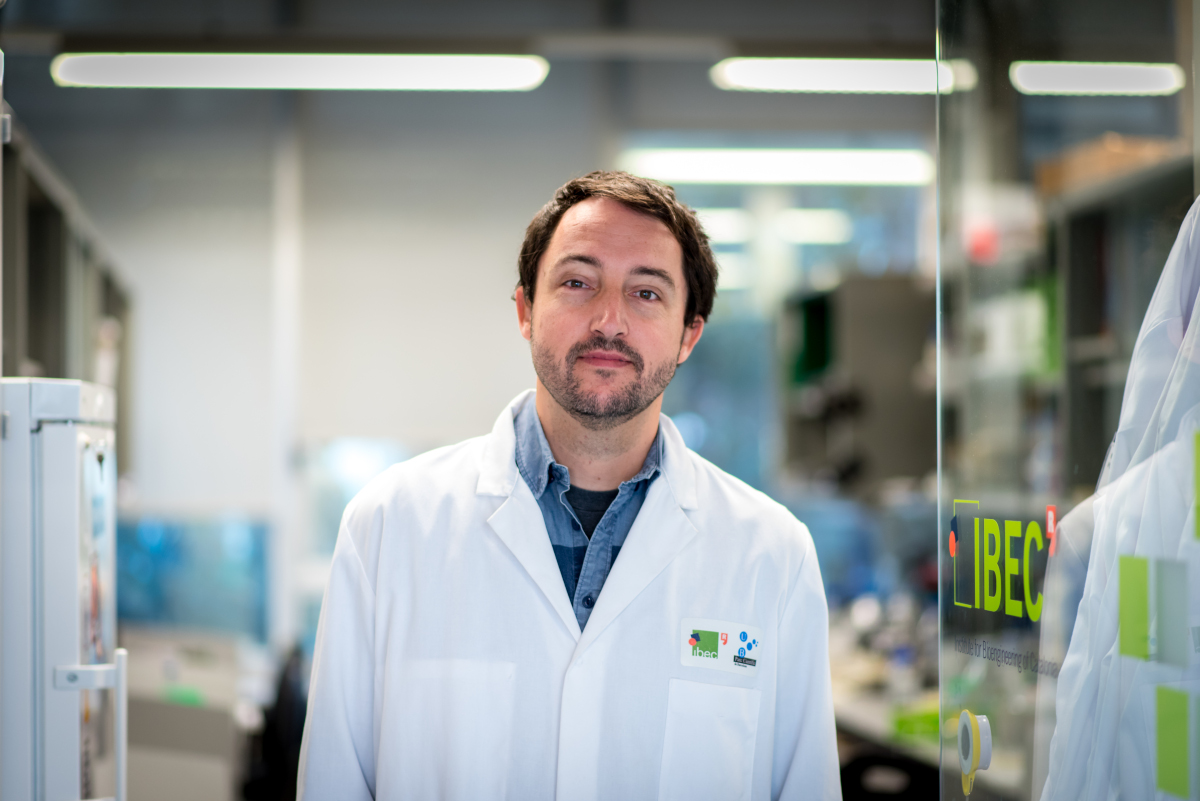Pere Roca-Cusachs
Group leader
Pere Roca-Cusachs receives ICREA Acadèmia program distinction for the second time
IBEC researcher Pere Roca-Cusachs has been awarded the “ICREA Academia” distinction by the Catalan Institution for Research and Advanced Studies (ICREA). The leader of IBEC’s Cellular and Molecular Mechanobiology group received the award in the Life & Medical Sciences category.
IBEC and ICMS reunite once more at their Annual Collaborative Symposium
Today, on March 14th, the joint ICMS-IBEC symposium took place. This event was co-organized by IBEC and the Institute for Complex Molecular Systems (ICMS). Throughout the conference, researchers from both IBEC and ICMS presented their areas of research, aiming to enhance the scientific collaboration between the two institutions.
BIST Forum, a meeting to highlight the value of frontier research
The BIST Forum has discussed how excellent science enhances the development of society and economic growth. The event was attended by the President of the Catalan Government, the Mayor of Barcelona, the heads of the highest economic institutions and the rectors of the main universities. At the event, the new BIST IGNITE projects for multidisciplinary research were announced, three of which have the participation of IBEC.
Success at the conclusion of the 6th edition of the course “Mad for Bioengineering”
For the sixth consecutive year, IBEC has successfully hosted its ‘Mad for Bioengineering’ course with the support of the Catalunya La Pedrera Foundation. Geared towards 1st-year high school students interested in STEM careers, the program provides a unique immersion in the field of bioengineering, addressing health issues from a multidisciplinary perspective. The closing ceremony, attended by students and their families, featured presentations of final projects and the awarding of diplomas.
Preventing the tissue’s response to stiffness may be key to slowing the progression of breast tumors
A study led by the Institute of Bioengineering of Catalonia demonstrates that laminin, a protein present in breast tissues, prevents the effects of stiffening, protecting cells against tumor growth. While the mechanism has been demonstrated in vitro, persuasive indications suggest its potential applicability in vivo, as observed in patient samples.
Daniel Navajas: 30 years dedicated to mechanobiology
Last May 5, on the occasion of Professor Daniel Navajas’ retirement, the IBEC held the symposium Before Mechanobiology had a name. The event paid tribute to the IBEC researcher’s exciting … Read more
Researcher Pere Roca-Cusachs has been awarded the European ERC Advanced Grant
IBEC researcher Pere Roca-Cusachs has been awarded an ERC Advanced Grant, one of the EU’s most prestigious and competitive grants. This type of funding allows established researchers to carry out … Read more
The researcher Pere Roca-Cusachs awarded a prestigious European ERC Advanced Grant
The IBEC researcher has been awarded an ERC Advanced Grant, one of the most prestigious and competitive funding in the EU that allows consolidated researchers to carry out ambitious research … Read more

